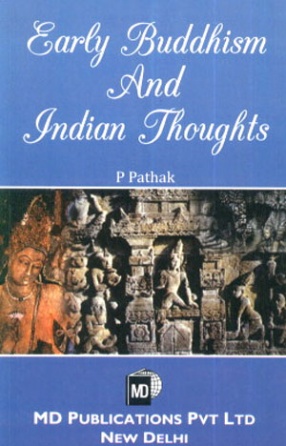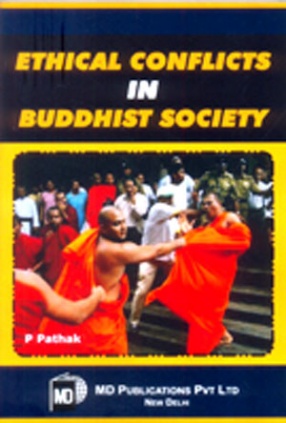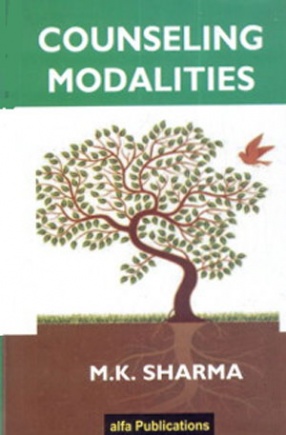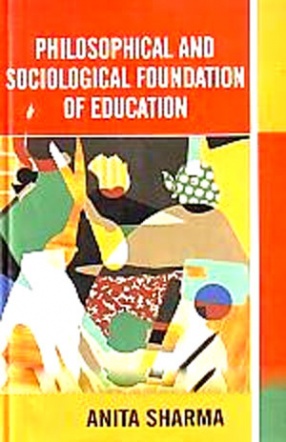Buddhism is a world religion, which arose in and around ancient Magadha, (modern Bihar), and is based on the teachings of Siddhartha Gautama, who is known as the Buddha. It spread outside of Magadha starting in the Buddha's lifetime, and with the reign of the Buddhist Mauryan Emperor Ashoka, spread across India and became the dominant religion.
Buddhism arose in India during a period of intense intellectual and social ferment. It was a period during which the authority of the Vedas had been placed in doubt, the concept of God as a Supreme Being and creator was in question, the hereditary restrictions on caste mobility were under attack, and the efficacy of Brahminical rituals was being challenged. Various ideological sects competed for the attention and acceptance of the ruling elites and the public. The most important amongst these were the Jains and the Buddhists. Although each of the various sects made original and interesting contributions to philosophy, it was the early Buddhists who attempted to provide a unified philosophical system where ethical conduct and social criticism lay at the very core of their ideological system. Although today, Buddhism is viewed as a religion by many of its followers, the early Buddhists sects were either strongly atheistic or agnostic.







There are no reviews yet.